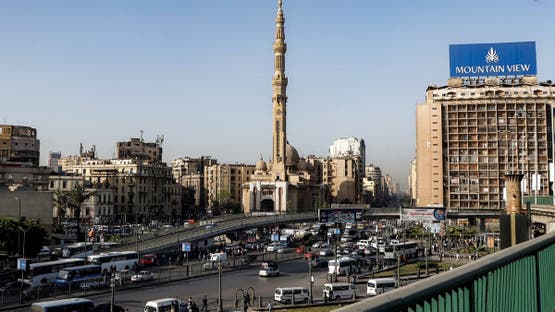In 2023, the total amount disbursed by the Federation Account Allocation Committee to Nigeria’s 36 states reached its greatest level in at least seven years.
According to BusinessDay, FAAC shared a total of N16.04 trillion to the three levels of government, according to the most recent data from the National Bureau of Statistics (NBS). This represents a 37.3 percent increase from N11.7 trillion in 2022.
The federal, state, and municipal governments share the majority of their monthly revenue at FAAC meetings from oil export revenues, taxes, and other statutory allocations.
The federal government got N4.06 trillion, up from N3.92 trillion, according to a breakdown of the entire FAAC statistics, while the state governments collected N3.53 trillion, up from N2.76 trillion. Additionally, local governments received N2.61 trillion in funding, up from N2.04 trillion.
Petrol prices have tripled to over N600 after President Bola Tinubu declared the withdrawal of petrol subsidies during his inauguration on May 29. Meanwhile, the value of the naira has declined as a result of the currency’s floating.
The willing buyer, willing seller paradigm was reinstated and all FX market sectors were combined into the Investors and Exporters window by the Central Bank of Nigeria in June.
Since then, the value of the naira has decreased in relation to the dollar and other significant foreign currencies.
The official rate of exchange fell from N463.38/$ to N1,418.8/$ as of February 7. At the parallel market, the naira is now pushing above N1,500/$ from 762/$.
“In terms of FAAC allocation, the devaluation has increased government revenue.” The managing director and chief business officer of Optimus by Afrinvest Limited, Ayodeji Ebo, stated, noting that the solution has also been successful in closing the budgetary deficit in government income.
The reforms have brought in more money for the government, but they have also made life more difficult for the populace as inflation has shot up to levels not seen in at least 20 years.
The headline inflation rate increased from 28.20 perc ent in November to 28.92 per cent in December, according to the NBS. The inflation rate for food, which makes up 50% of the total inflation rate, increased from 32.84 per cent to 33.93 per cent.
According to the most recent Nigeria Development Update report from the World Bank, the number of impoverished people in Africa rose from 89.8 million at the beginning of the year to 104 million in 2023 as a result of slow development and growing inflation in the continent’s largest economy.
The impoverished and disadvantaged are particularly heavily hit by this inflation. Targeted financial transfers have been started by the government to lessen the impact on the most disadvantaged households. Furthermore, the research stated that a comprehensive strategy is required to lower inflation, including stricter monetary and fiscal measures.











